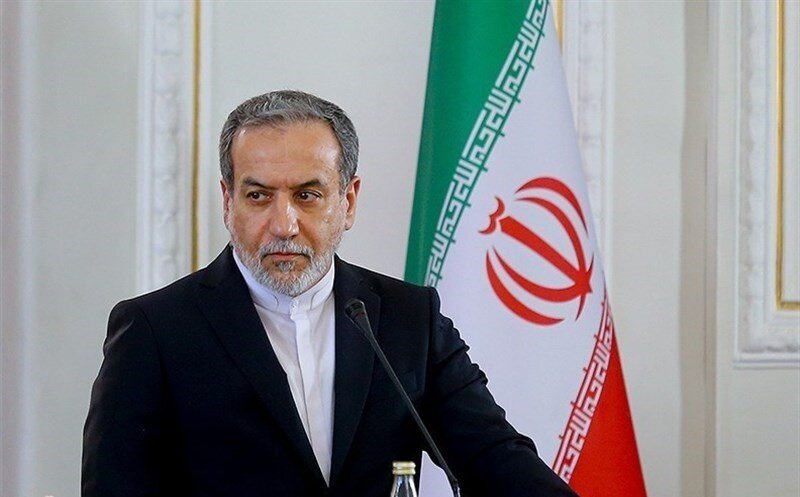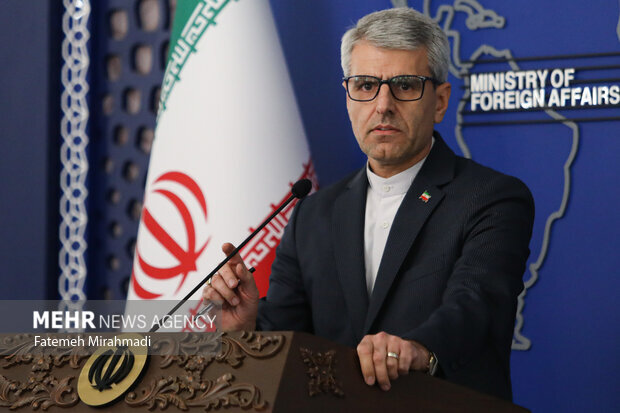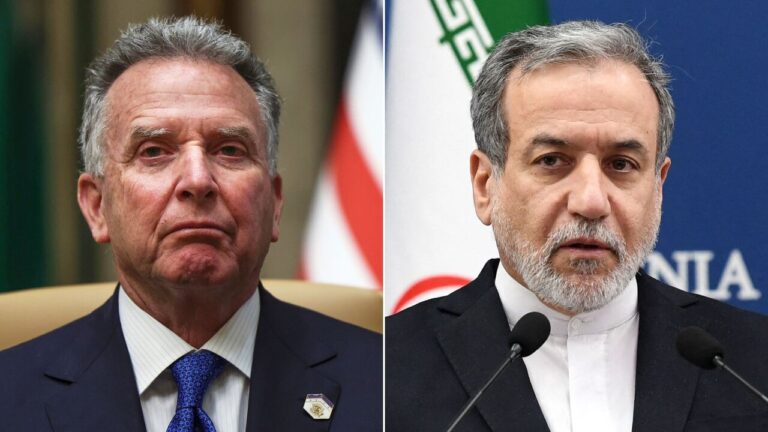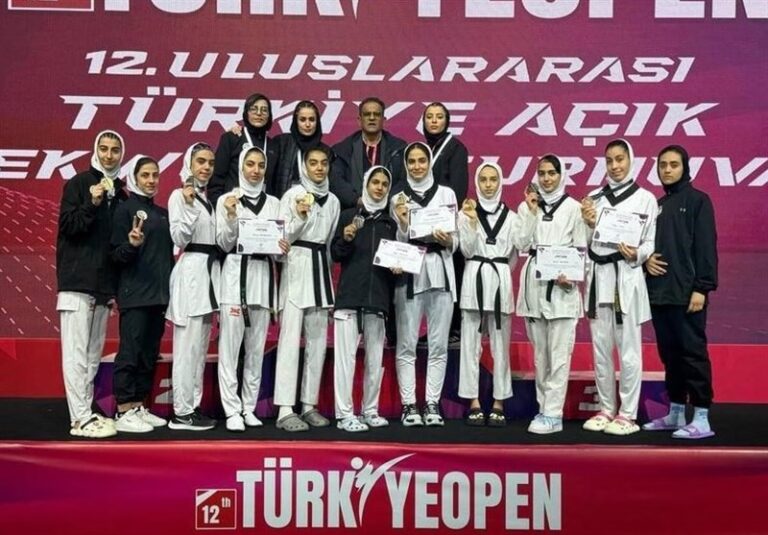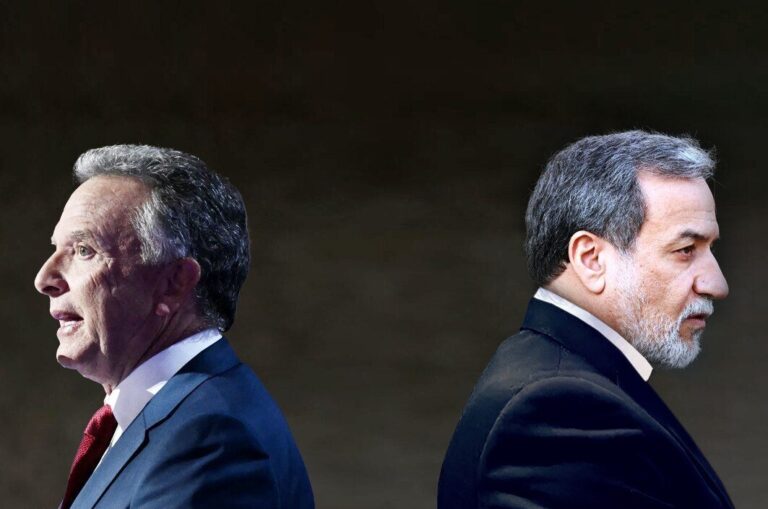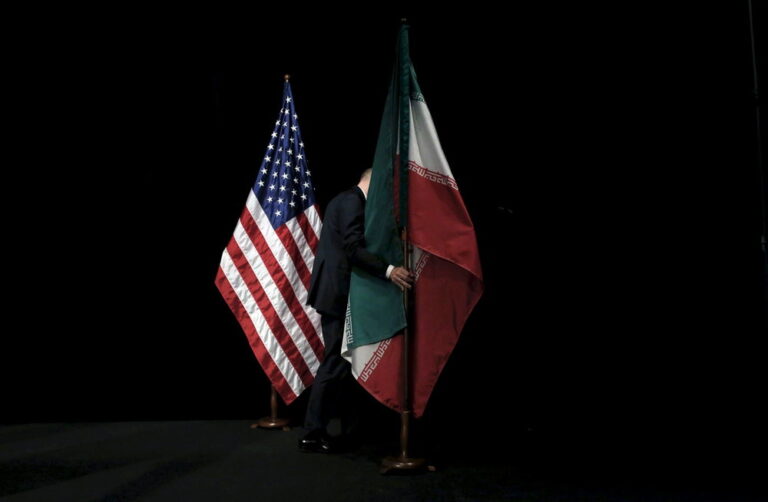Iran Issues Stern Warning: Any Attack on Nuclear Sites Will Not Be Tolerated
In a recent interview with Al Jazeera Arabic during his visit to Qatar, Iranian Deputy Foreign Minister Abbas Araghchi made a significant statement regarding the potential consequences of a military attack on Iranian nuclear facilities. He emphasized that such an action would be “one of the biggest historical mistakes the US could make,” highlighting the serious implications it could have for regional stability.
Araghchi warned that Iran would respond “immediately and decisively” to any military aggression, which could result in an “all-out war in the region.” This statement underscores the heightened tensions surrounding Iran’s nuclear program and the broader geopolitical dynamics in the Middle East.
During his visit to Doha, Araghchi engaged in discussions with Qatar’s Prime Minister and Foreign Minister, Sheikh Mohammed bin Abdulrahman bin Jassim Al Thani, focusing on key regional issues. He praised Qatar’s mediation role in achieving a ceasefire in Gaza, stating, “We highly commend Qatar’s mediation role in reaching the ceasefire in Gaza.” He expressed hope that other pressing issues could also be resolved through dialogue.
In addition to his talks with Qatari officials, Araghchi met with Hamas representatives while in Qatar. He conveyed that the Palestinian people had achieved a form of “victory” in Gaza, despite the extensive devastation caused by Israel’s military actions in the region. “Despite all the killings and destruction the whole world witnessed, the Palestinian people held their ground and upheld their values and principles. I believe this stands as a victory,” he remarked.
Araghchi elaborated on the situation, stating, “The Israeli occupation forces did all in their power to eliminate Hamas and free their captives, but they were forced at the end of the day to sit and negotiate with Hamas. This represents victory for Hamas.” His comments come in light of the staggering toll the conflict has taken, with reports indicating that Israel’s military campaign in Gaza has resulted in the deaths of at least 47,460 Palestinians, predominantly women and children, and left 111,580 wounded since October 7, 2023.
Regarding the ongoing developments in Syria, Araghchi stated that Iran advocates for the establishment of a government that includes all segments of Syrian society, especially following the ousting of former President Bashar al-Assad. He articulated Iran’s objectives for stability in Syria, emphasizing the importance of preserving the unity of the country’s territory. “We endorse any government chosen and supported by the Syrian people. We want peace and security for Syria, which is a precursor to the same in the region,” he noted.
He further expressed concern about the potential for Syria to become a center of ongoing tension and ethnic conflicts, which could create a refuge for terrorist activities. “Instability in Syria would spill over the region,” he cautioned, underscoring the interconnectedness of regional security issues.
When discussing the implications of Donald Trump’s potential re-election, Araghchi reflected on the tumultuous history of Iranian-American relations, describing it as “full of hostility and mistrust.” He pointed out that during Trump’s previous administration, the US withdrew from the nuclear agreement and ordered the assassination of Qassem Soleimani, the head of Iran’s Islamic Revolutionary Guard Corps’ (IRGC’s) Quds Force.
In light of these developments, Araghchi urged the upcoming Trump administration to take tangible steps to restore confidence between the two nations. He suggested measures such as returning frozen Iranian assets and reiterated that while Iran does not oppose direct dialogue with the US, it insists that negotiations remain focused on the nuclear issue alone.
In conclusion, the ongoing discussions and confrontations surrounding Iran’s nuclear ambitions, the Israeli-Palestinian conflict, and the situation in Syria highlight the complexities of Middle Eastern geopolitics. As regional players like Qatar step in to mediate, the hope for a peaceful resolution remains, but the path forward is fraught with challenges that require careful navigation by all involved parties.
